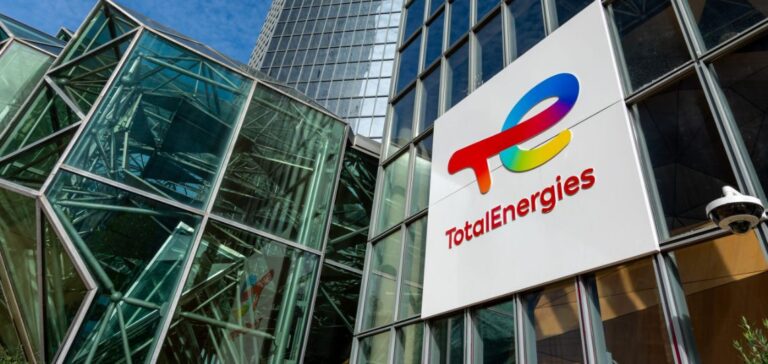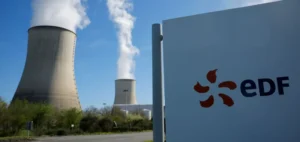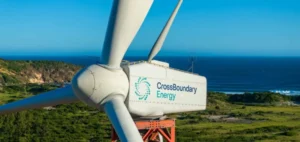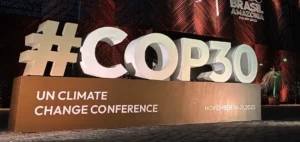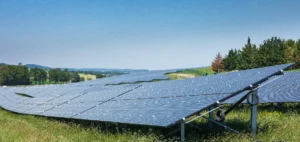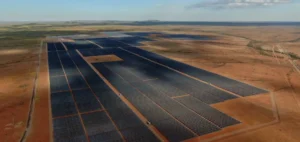French oil and gas group TotalEnergies announced it had reduced both its direct and indirect greenhouse gas emissions in 2024, maintaining its climate trajectory ahead of its upcoming general meeting scheduled for May. According to data published in its annual climate report, the company recorded a total of 461 million tonnes of CO2 equivalent (MtCO2e), representing a 2.9% decrease compared to 2023, or 449 MtCO2e (-2.6%) under an alternative accounting method. These figures include emissions linked to the combustion of fossil fuels as well as methane leaks.
Predominantly indirect emissions
Most of TotalEnergies’ carbon footprint stems from indirect emissions, particularly those generated by the end use of its sold products. In 2024, these emissions totalled 342 MtCO2e, down 2.6% year-on-year. Direct emissions, arising from extraction and production operations, amounted to 43 MtCO2e, reflecting a 4.4% annual reduction. The figures account not only for CO2 but also for methane, a more potent greenhouse gas that can escape during transport or production processes.
Growth in natural gas
While oil sales by TotalEnergies have declined, sales of natural gas, particularly in liquefied form (LNG), have increased. This trend indicates a strategic shift towards gas, which the company presents as a substitute for coal in certain markets. However, this position is subject to debate due to the high carbon intensity across the full lifecycle of LNG.
Strengthened 2025 targets
TotalEnergies has revised upward its emissions reduction targets for 2025, with a particular focus on methane. In 2024, the group achieved a 55% cut in methane emissions compared to 2020, surpassing its initial 50% goal. It now targets a 60% reduction for the current year, aiming for an 80% cut by 2030. These efforts are part of a broader strategy that remains conditional on regulatory developments in the countries where the company operates.


